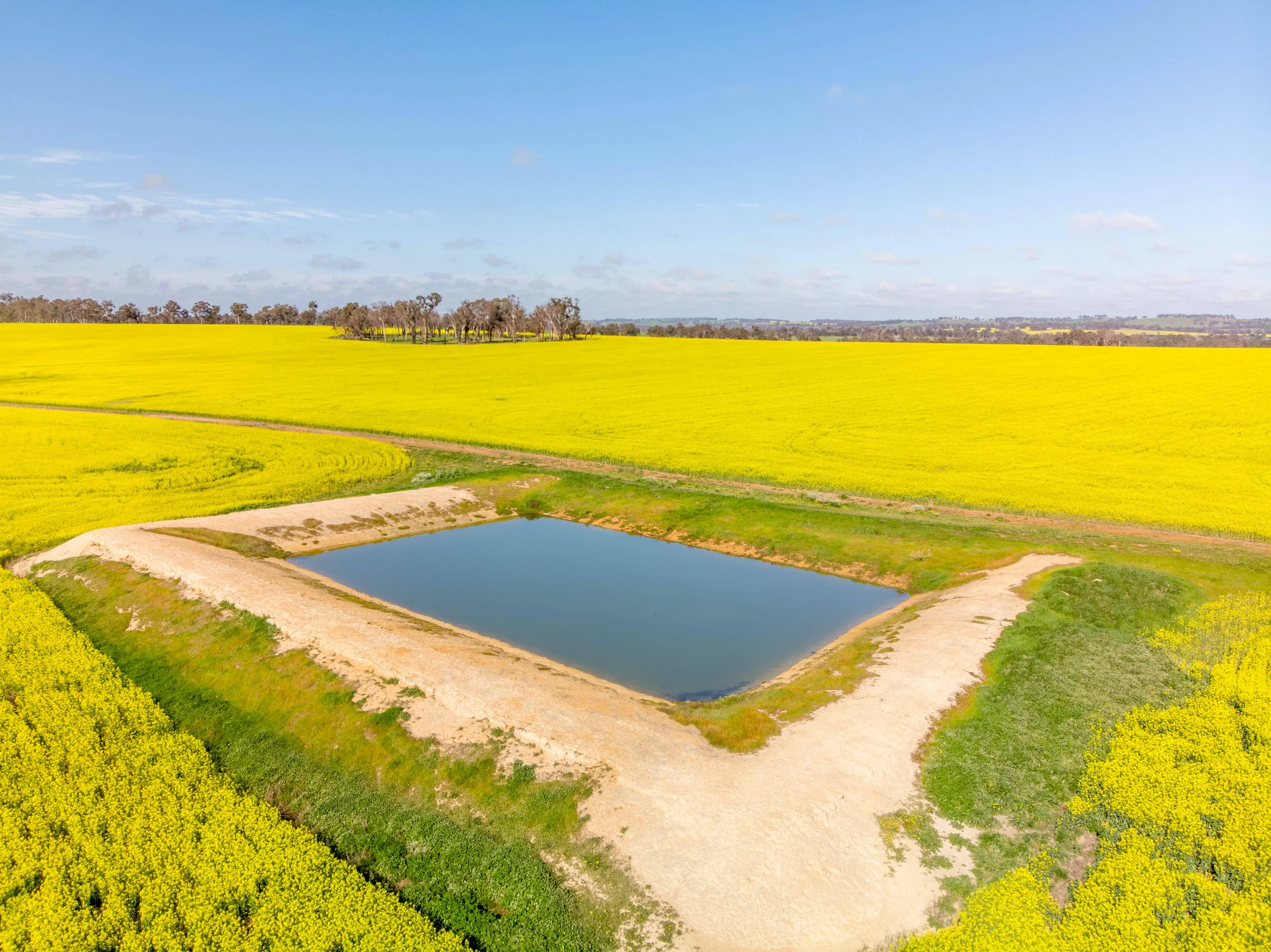Efficient Irrigation Practices for Sustainable Agriculture
Maximize water efficiency on your farm with our expert guide to sustainable irrigation practices. Ideal for farmers in Bangalore and surrounding areas, this blog post explores advanced techniques for conserving water in agriculture. Learn how efficient irrigation can lead to better crop yields, reduced water usage, and a smaller environmental footprint. Embrace Vriksha Farms' commitment to sustainable farming by implementing these innovative, eco-friendly irrigation solutions

Introduction
In the world of sustainable farming, efficient irrigation practices play a pivotal role in conserving water and reducing the overall environmental impact. At Vriksha Farms, located in the lush landscapes of Bangalore, Kanakapura Road, and Karnataka, we prioritize water management as a core aspect of our responsible agroforestry practices. This blog aims to enlighten those interested in investing in agriculture land about the significance and methods of efficient irrigation in sustainable agriculture.
The Need for Efficient Irrigation
Water is a precious resource, and its judicious use is crucial in agriculture, especially in areas like Bangalore, where urban expansion and environmental sustainability are key concerns. Efficient irrigation not only conserves water but also ensures optimal crop growth, making it a cornerstone of sustainable living.
Key Efficient Irrigation Practices
- Drip Irrigation: This system delivers water directly to the plant roots, significantly reducing water wastage. It is ideal for the varied terrains of Karnataka, including the fields near Kanakapura Road.
- Soil Moisture Sensors: Using sensors to monitor soil moisture can help in applying water only when necessary, thus preventing over-irrigation.
- Rainwater Harvesting: Capturing and storing rainwater for irrigation purposes ensures the efficient use of natural resources, a practice highly encouraged at Vriksha Farms.
- Scheduled Irrigation: Timing irrigation to coincide with lower evaporation times, like early morning or late evening, reduces water loss and is more effective for crops.
- Mulching: Applying mulch around plants helps retain soil moisture, reducing the need for frequent irrigation.
Benefits of Efficient Irrigation
- Water Conservation: Reduces the amount of water used for irrigation, preserving this vital resource.
- Increased Crop Yield: Proper irrigation leads to healthier crops and higher yields, which is beneficial for sustainable farming ventures near urban areas like Bangalore.
- Reduced Energy Consumption: Less water to pump means lower energy use, contributing to a lower carbon footprint.
- Cost-Effectiveness: Efficient irrigation systems can reduce water bills and increase the profitability of farming.
Vriksha Farms’ Approach to Irrigation
At Vriksha Farms, we integrate these efficient irrigation practices into our managed farmland plots, ensuring that each drop of water is used judiciously. Our approach not only supports sustainable agriculture but also provides a model for those investing in agriculture land, demonstrating how effective water management contributes to the overall success and sustainability of farming operations.
Conclusion
Efficient irrigation practices are an integral part of sustainable agriculture, especially in areas like Bangalore, where balancing resource use with environmental conservation is essential. As we continue to implement and promote these practices at Vriksha Farms, we encourage those looking to invest in agriculture land to consider the far-reaching benefits of efficient water management.
